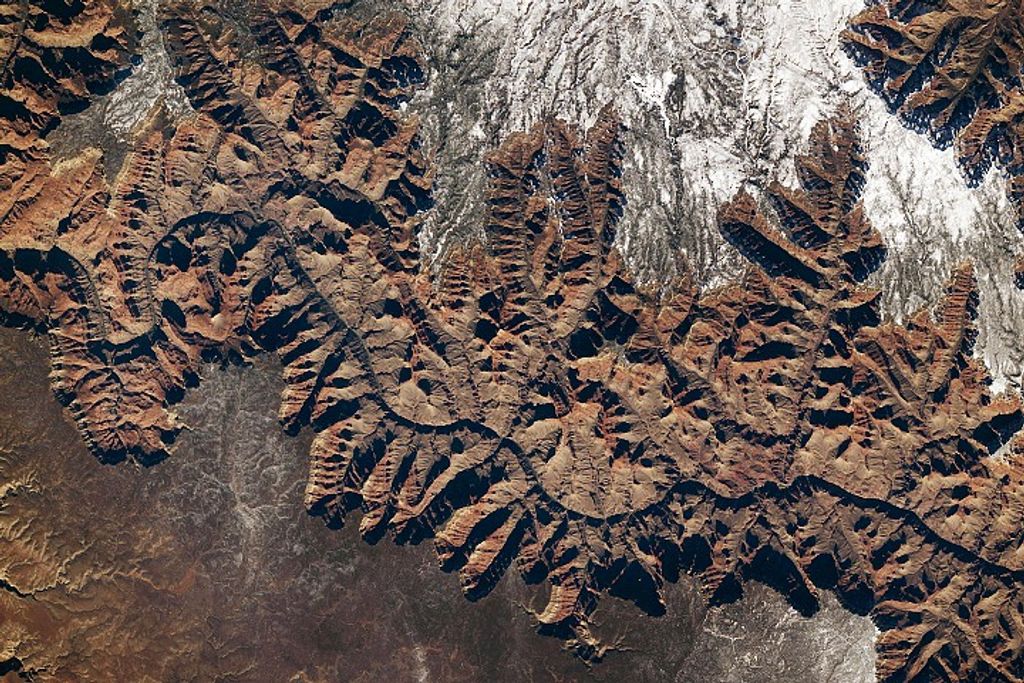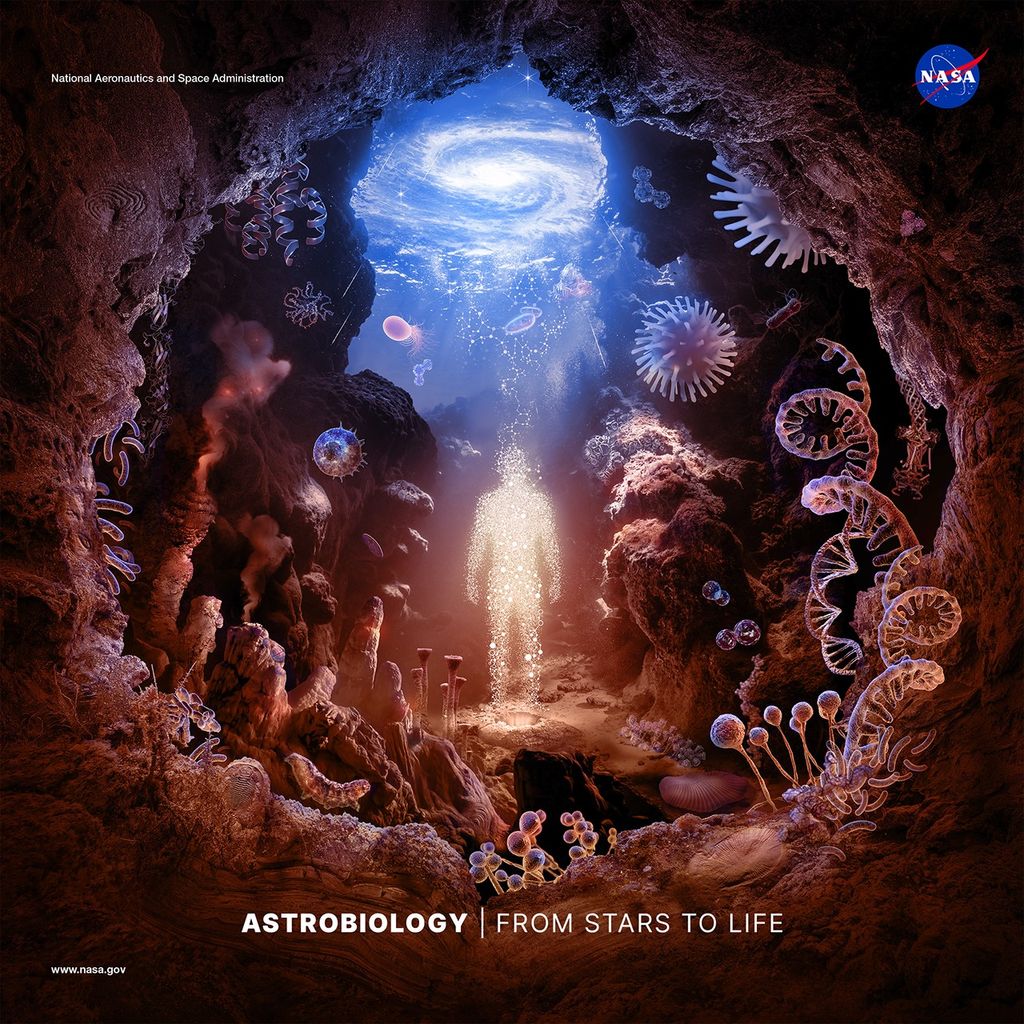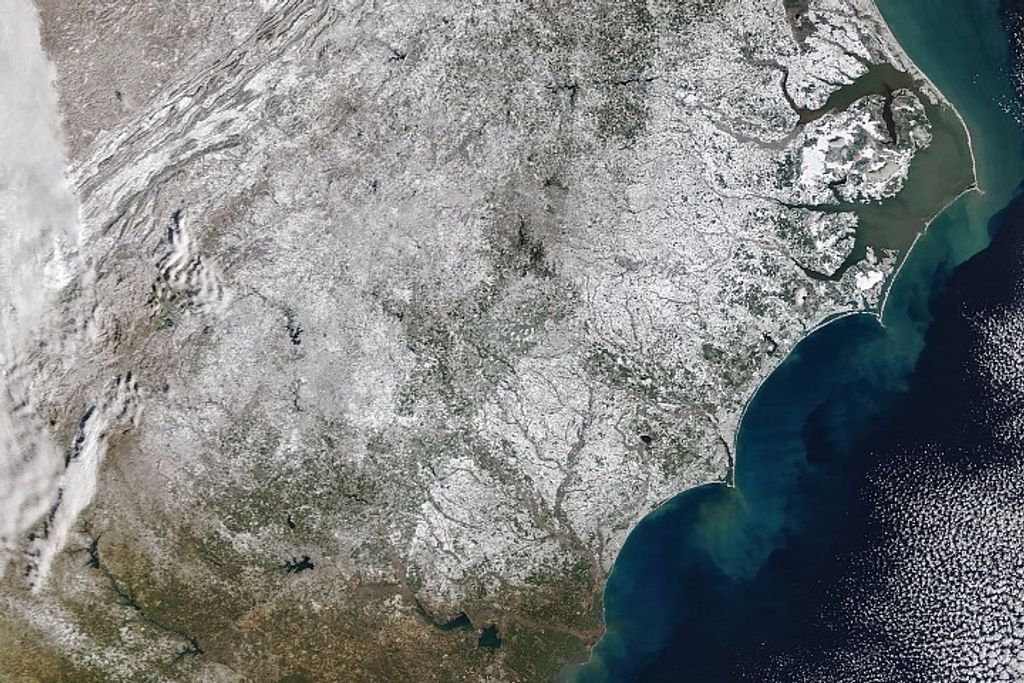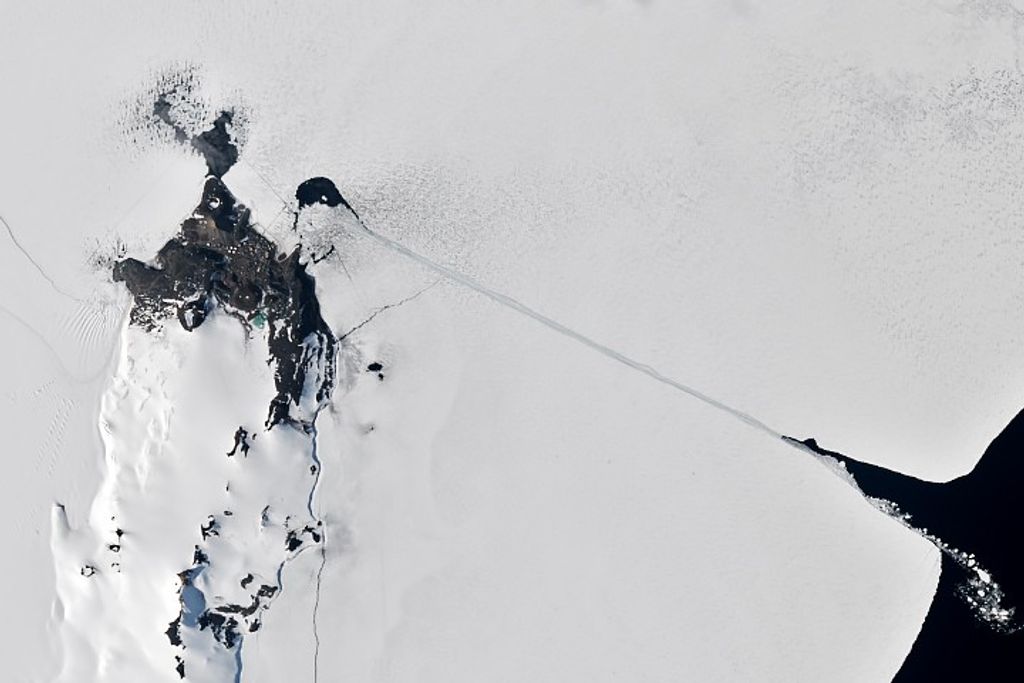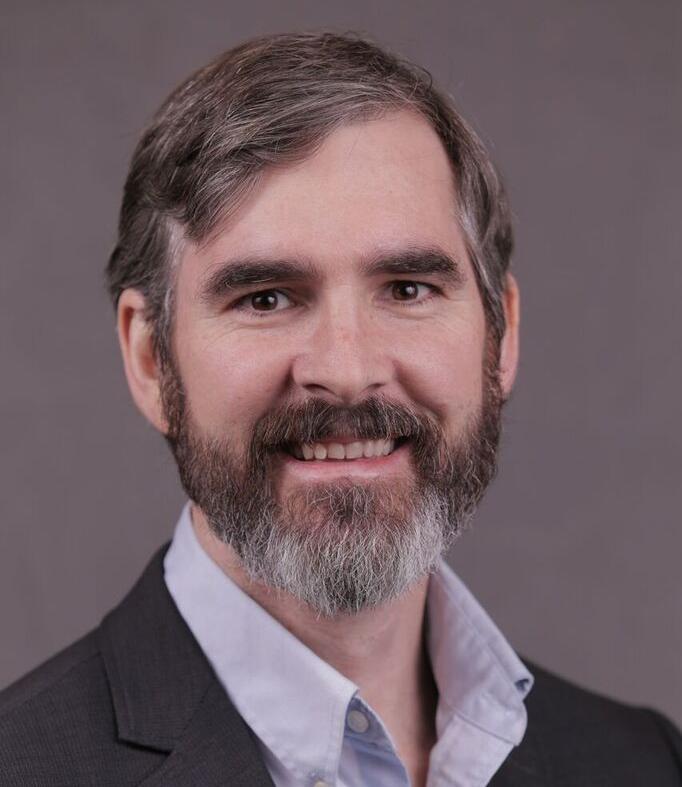The public is invited to a free talk called ‘Mapping the Blue Marble: Using Space-Based Observations for Improved Global Water Security and Sustainability,’ with Dr. John Bolten in the Pickford Theater, third floor, Madison Building, Library of Congress, Washington, D.C., on May 15 from 11:30 a.m. to 12:30 p.m. EDT.
Bolten is a speaker in the 2018 NASA Goddard Lectures Series at the Library of Congress. Bolten is the associate program manager of water resources for the NASA Applied Sciences Program at NASA’s Goddard Space Flight Center in Greenbelt, Maryland.
The combined stresses of overpopulation, water pollution and poor water-management practices require new approaches to better assess and manage global water security and sustainability. Bolten will review the technological advances in satellite-based remote sensing and numerical modeling of reservoir volume, vegetation health, groundwater movement, soil moisture and other factors that drive these new approaches and discuss how the data are being applied to address these global issues.
The Library of Congress maintains one of the largest and most diverse collections of scientific and technical information in the world. The Science, Technology and Business Division provides reference and bibliographic services and develops the general collections of the library in all areas of science, technology, business and economics.
The Library of Congress is the nation’s oldest federal cultural institution and the largest library in the world and holds nearly 151.8 million items in various languages, disciplines and formats. The library serves Congress and the nation both on-site in its reading rooms on Capitol Hill and through its award-winning website.
For inquiries about this or upcoming talks at the Library of Congress, the public can contact the library’s Science, Technology and Business Division at 202-707-5664. ADA accommodations should be requested five business days in advance at 202-707-6382 (voice/tty) or ada@loc.gov.
The lecture will be later broadcast on the library’s webcast page and YouTube channel “Topics in Science” playlist.
For more information contact Stephanie Marcus at 202-707-1212 or smar@loc.gov or visit: http://blogs.loc.gov/inside_adams/
For directions, visit: http://www.loc.gov/visit/maps-and-floor-plans/
For John Bolten’s biography: https://science.gsfc.nasa.gov/sed/bio/john.bolten
Rob Gutro / Lora Bleacher
NASA’s Goddard Space Flight Center, Greenbelt, Md.
301-286-0697 / 2009
Robert.j.gutro@nasa.gov / Lora.v.bleacher@nasa.gov









